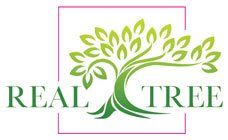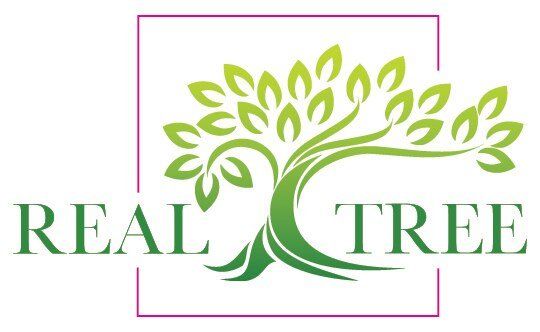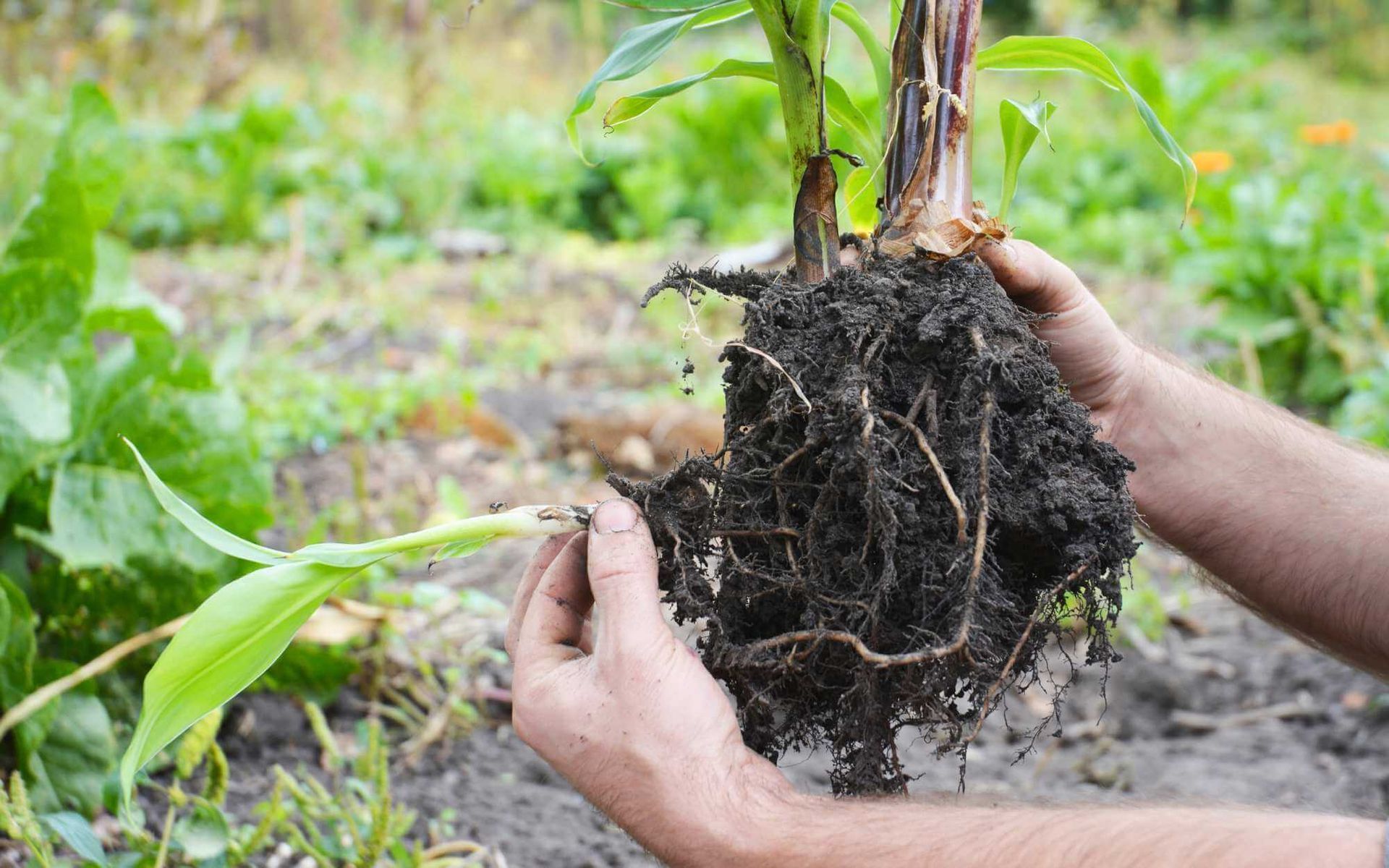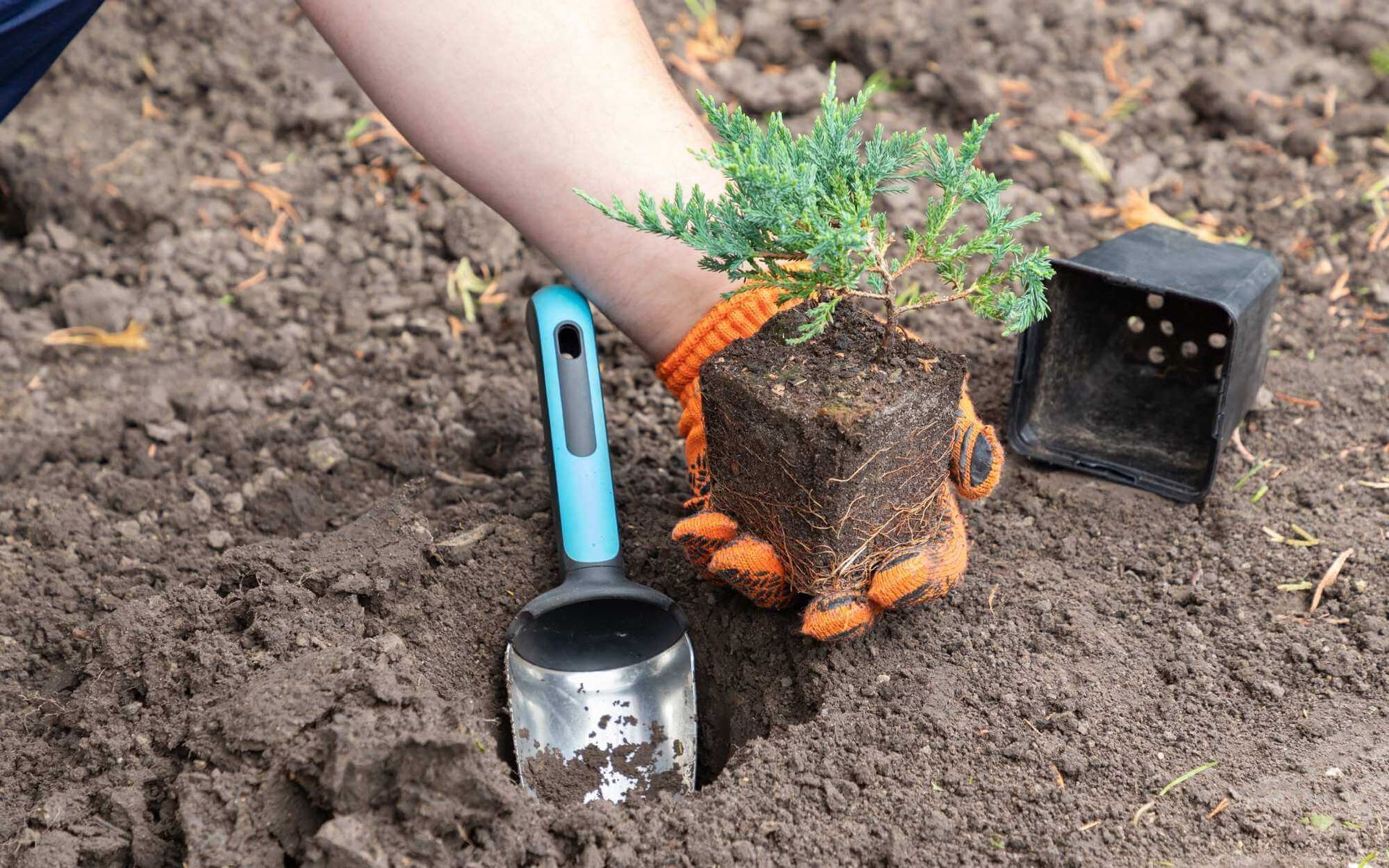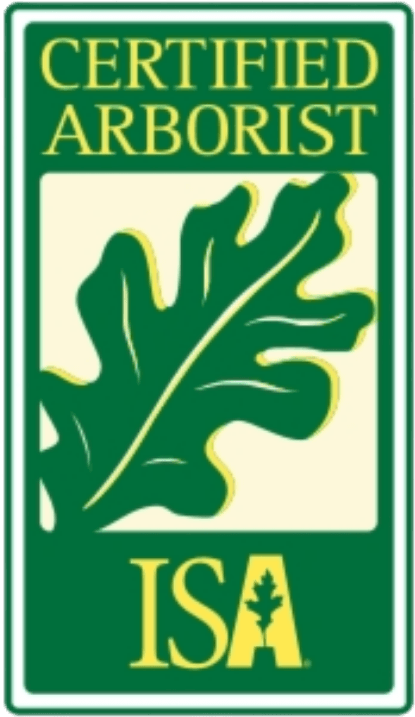Going Green: Organic Approaches to Tree Disease Control
PUBLISHED ON
SHARE THIS ARTICLE
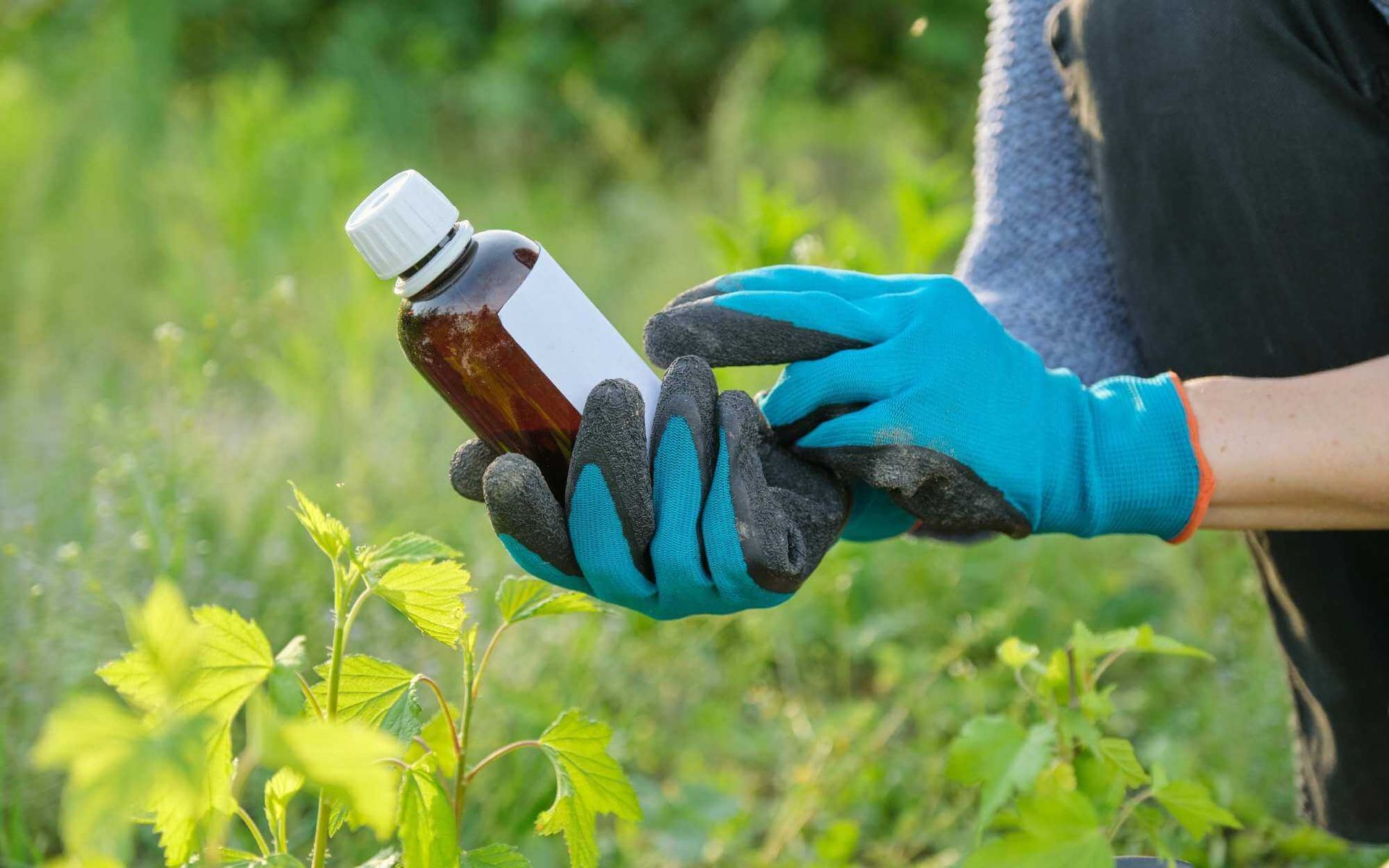
In our journey to a greener planet, organic methods of tree disease control play a pivotal role. These eco-friendly and sustainable practices not only curtail the usage of harmful chemicals but also enhance the natural resilience of our green friends.
By harnessing the power of nature, we can mitigate tree diseases effectively while maintaining the delicate balance of our ecosystem.
Let's delve into the world of organic tree care and explore how these sustainable strategies are revolutionizing the way we preserve the health and longevity of our trees.
The Drawbacks of Conventional Methods
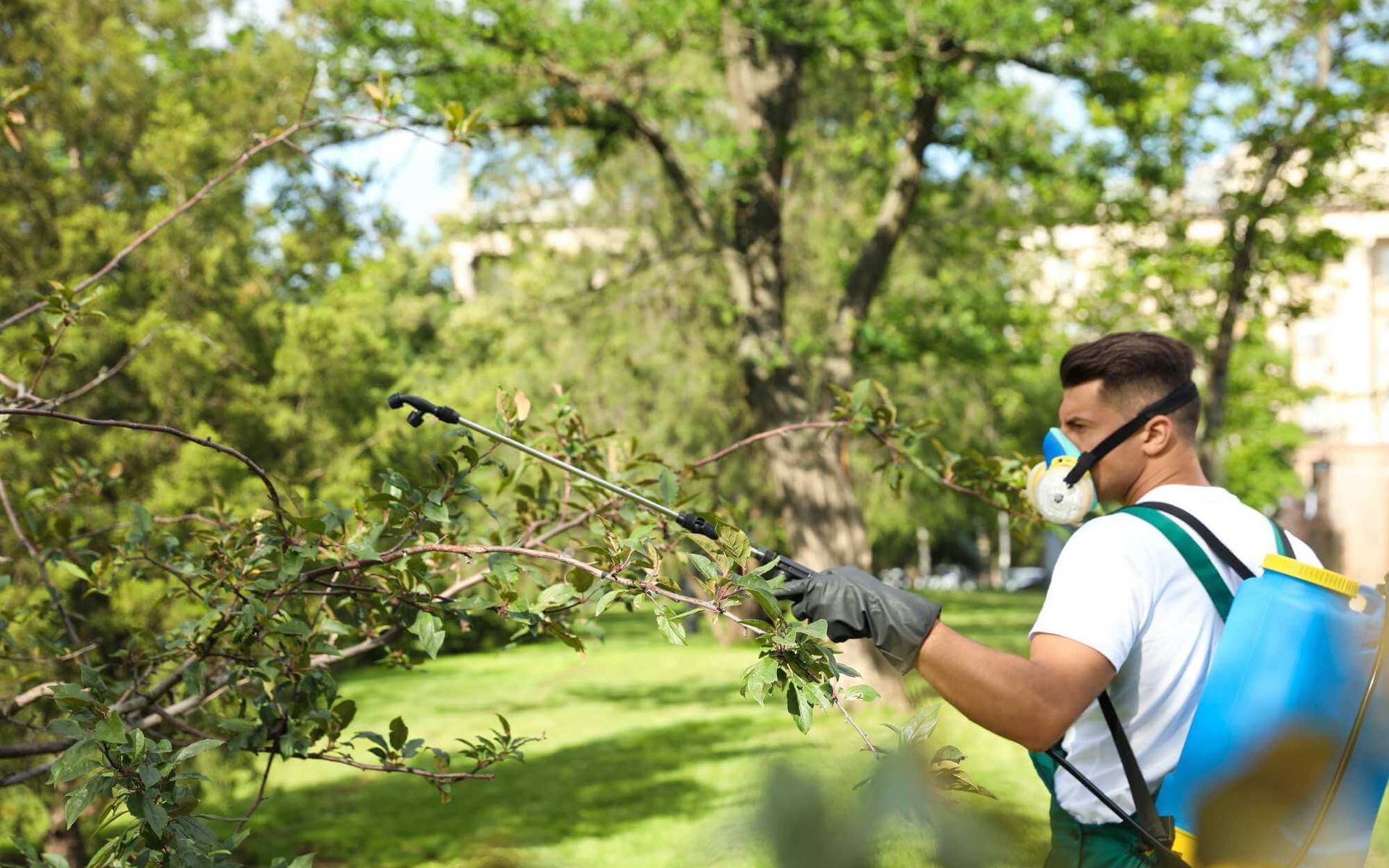
Traditional chemical-based approaches to tree disease control have numerous drawbacks. They often eliminate not only harmful pests but also beneficial organisms, disrupting the biodiversity of the ecosystem.
The chemicals can permeate into the soil, contaminating groundwater and affecting aquatic life. Overuse of these substances leads to pest resistance, reducing the effectiveness of treatment over time.
Furthermore, exposure to these chemicals can pose serious health risks to humans, including skin irritations, respiratory issues, and in extreme cases, chronic illnesses or cancer.
The environmental footprint of manufacturing and disposing of these chemicals is also considerable, contributing to air and water pollution. Thus, the long-term consequences greatly outweigh the short-term benefits of these conventional methods.
Green Methods for Tree Disease Management
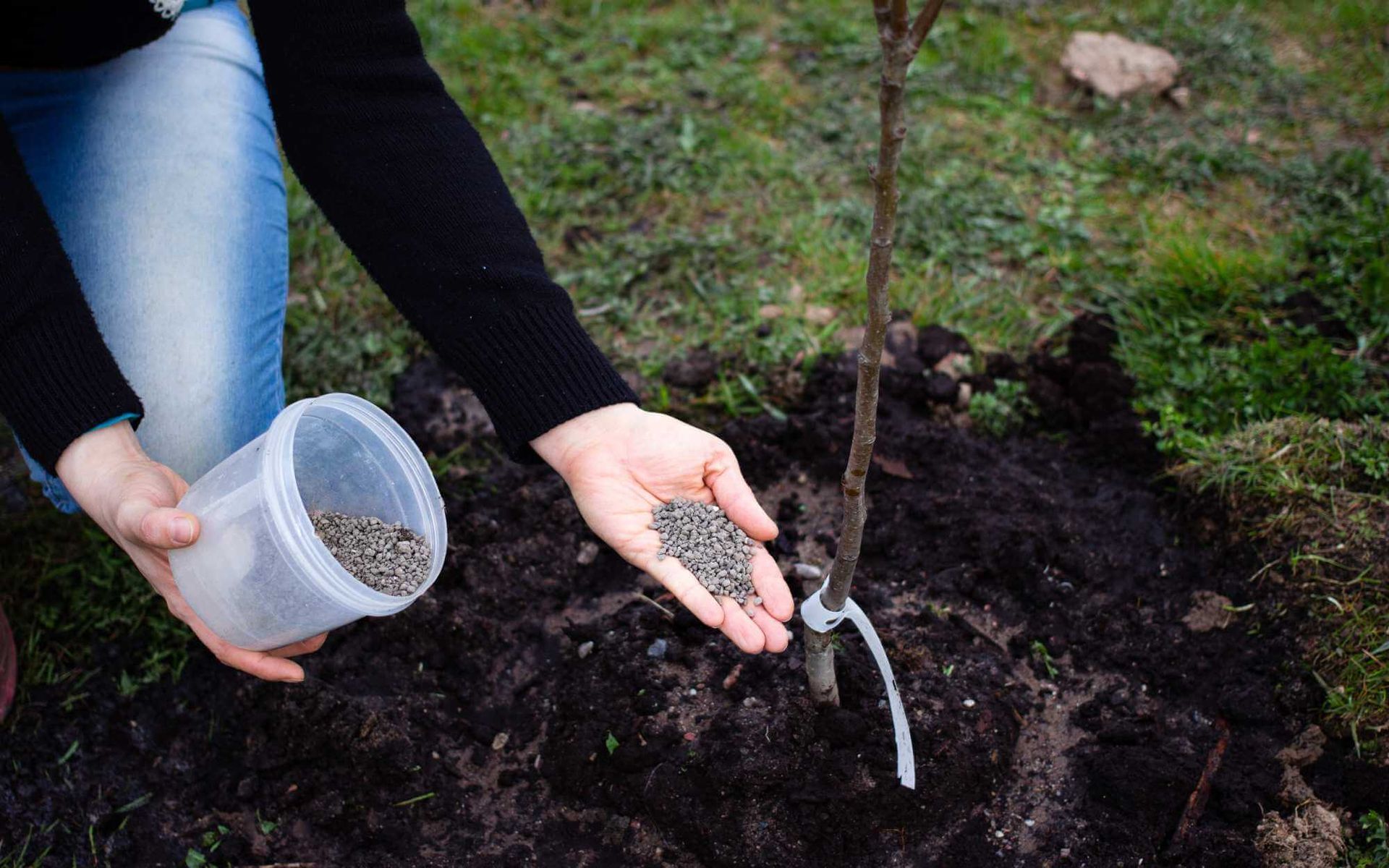
Several organic approaches to tree disease control exist, each with its unique benefits and applications. They involve using natural processes and substances to boost the plant's defenses against diseases, encourage a healthy microbe population, or fight against harmful pathogens.
- Biological Control Agents: By introducing beneficial insects and microorganisms that naturally prey on pests, we can maintain ecological balance. For example, ladybugs control aphids, and Trichoderma fungi combat harmful fungi and other plant pathogens.
- Organic Fungicides: These pest control substances derived from natural sources, like neem oil or bicarbonates, disrupt the life cycle of fungi, inhibiting their growth and spread without damaging the environment.
- Cultural Practices: This involves altering the environment to discourage disease problems. Proper irrigation (to prevent rapid drying and retain moisture), optimal planting density, and regular pruning help prevent diseases.
- Resistant Varieties: Using tree variants that are naturally resistant to certain plant diseases, such as fire blight and powdery mildew, can reduce the need for external interventions.
- Companion Planting: Certain plant species have properties that deter specific pests. Planting these alongside trees can protect them from infestations.
- Organic Pesticides: Derived from natural sources, these organic materials are less harmful than synthetic versions. Examples include pyrethrum (from chrysanthemums) and rotenone (from leguminous plants).
These techniques align with sustainable agriculture principles, prioritizing long-term ecological health over short-term gains.
Benefits of Going Green
Green approaches to plant disease control foster environmental sustainability by leveraging nature's innate mechanisms and minimizing the use of harmful chemicals. These methods offer long-term effectiveness, enhancing the natural defense systems of young trees and keeping healthy trees.
By preserving beneficial organisms in the environment, biodiversity is maintained, and ecosystem resilience is fortified. This approach also reduces chemical run-off into water systems, preserving aquatic life. Using organic pesticides and fungicides derived from natural sources reduces air and water pollution, contributing to a healthier planet.
Ultimately, this eco-friendly approach goes beyond disease control, advocating for a comprehensive and sustainable approach to tree care and conservation.
Start your eco-friendly tree care today!
Embracing organic integrated pest management is crucial for a greener future. These eco-friendly strategies, which rely on nature's own defenses, promote biodiversity and long-term ecosystem health. It's our collective responsibility to explore and adopt these sustainable practices, ensuring the health and longevity of our trees for generations to come.
Let's contribute to a healthier planet by starting our journey towards sustainable and organic tree care today!
Contact Real Tree Trimming & Landscaping, Inc. for expert advice and services to help you go green. Together, we can make a significant impact on the world around us.
Want a free quote or some friendly advice? Call our team today:
